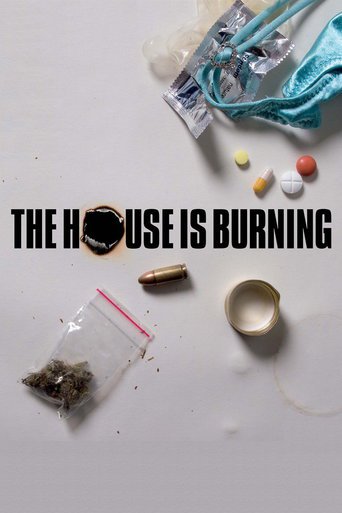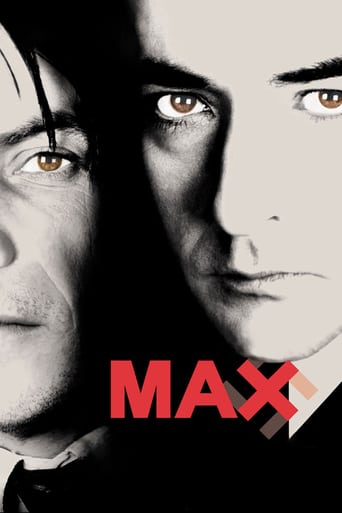


Max
In 1918, a young, disillusioned Adolf Hitler strikes up a friendship with a Jewish art dealer while weighing a life of passion for art vs. talent at politics
-
- Cast:
- John Cusack , Noah Taylor , Leelee Sobieski , Molly Parker , Kevin McKidd , Yuliya Vysotskaya , Peter Capaldi


Similar titles

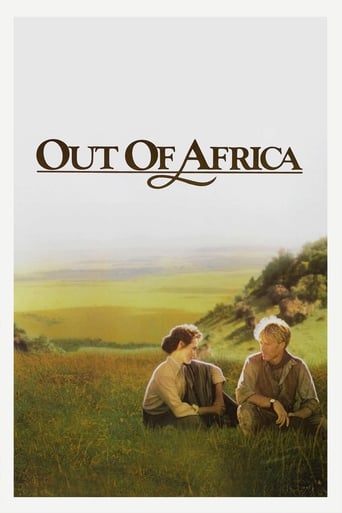
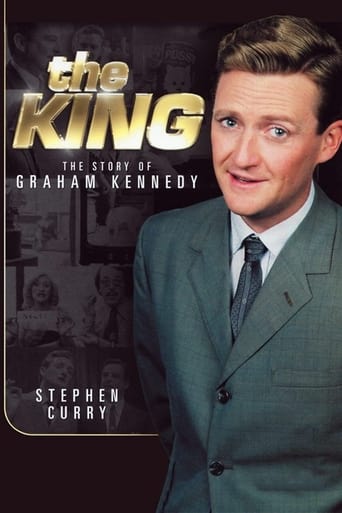
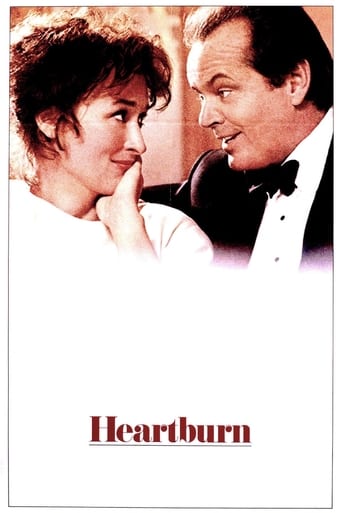
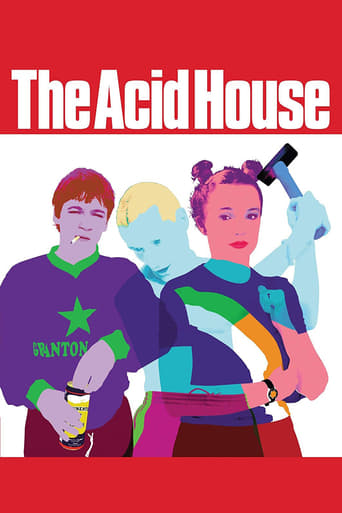
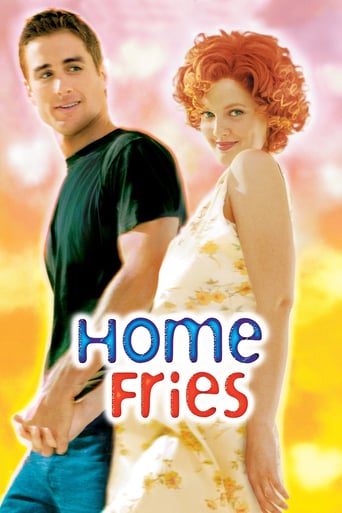
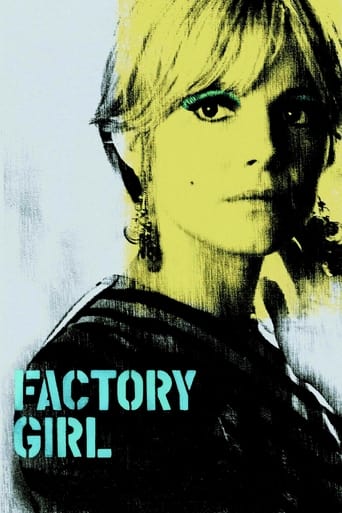
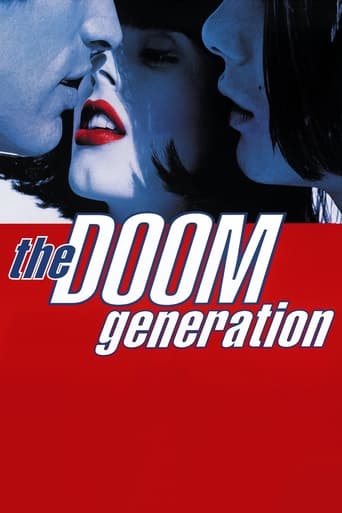
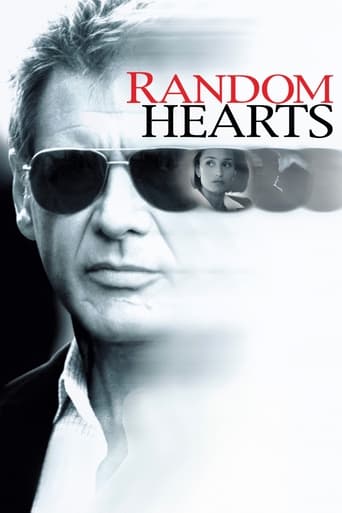
Reviews
If the ambition is to provide two hours of instantly forgettable, popcorn-munching escapism, it succeeds.
I think this is a new genre that they're all sort of working their way through it and haven't got all the kinks worked out yet but it's a genre that works for me.
One of the worst ways to make a cult movie is to set out to make a cult movie.
what a terribly boring film. I'm sorry but this is absolutely not deserving of best picture and will be forgotten quickly. Entertaining and engaging cinema? No. Nothing performances with flat faces and mistaking silence for subtlety.
"The Jewish doctrine of Marxism rejects the aristocratic principle of Nature and replaces the eternal privilege of power and strength by the mass of numbers and their dead weight. It denies the value of personality in man, contests the significance of nationality and race, destroys culture and brings only chaos. If, with the help of his Marxist creed, the Jew is victorious over the other peoples of the world, his crown will be the funeral wreath of humanity. Hence today I believe that I am acting in accordance with the will of the Almighty Creator: by defending myself against the Jew, I am fighting for the work of the Lord!" - Hitler ("Mein Kampf") An interesting film by writer/director Menno Meyjes, "Max" stars John Cusack as Max Rothman, a Munich art dealer who befriends a young Adolf Hitler in the decades preceding World War 2."Max's" first act watches as Rothman and Hitler comically interact, their cheerful dialogue darkly foreshadowing Hitler's late-career atrocities. Meyjes then paints Hitler as an artist offended by burgeoning modernist and avant-garde art movements. Such movements, which Hitler associates with Jews, progressives, communists, radicals and with artists who seek to challenge more conservative traditions, prove wholly disgusting to the young Hitler. To Hitler, avant-garde art is disruptive, unsettling, challenging and confrontational. It "loosens" and "perverts", whilst Hitler wishes for "order" and "cohesion". In Meyjes' hands, Hitler's is portrayed, not only a fervent nationalist, but a man who seeks to conjure up a romantic, idealised image of a great German Empire. Hitler's vision isn't only a political vision, but a full fledged art manifesto; a desire to make real a very nostalgic, sentimental image of a unified Mother Germany. Other artists denounce Hitler. His vision is kitsch, they say. And they're right. But like many artistic hacks, Hitler nevertheless makes real his designs through sheer will and determination.Many critics have labelled "Max" a playful bit of speculation, but Meyjes' Hitler is more psychologically true to the real Hitler than most other interpretations (his is perhaps the best on-screen Hitler since Chaplin's "The Great Dictator"). Some history: Germany's monarchs, most of whom were related to monarchs in Britain, Russia and across Europe, found themselves in the late 1800s losing power. In many countries, similar aristocracies were being contested by worker or other political movements. Those monarchs who held on to their power typically did so by amping up nationalist fervour and cooking up fake wars as a means of distracting their populaces. Jump ahead several decades, and Germany has been shattered during WW1 and finds its ruling class losing power. Into this cocktail steps Hitler, an ultra right-winger who is adored, not only by the rulers of Germany, Britain and the West, but the working class in Germany and America (though fascism is largely petite bourgeois). The German masses love him because he promises a stronger Germany. Western regular Joes, meanwhile, love him because he's standing up to the "bullies" of Britain and France. The elites in the West, meanwhile, adore Hitler because he's the capitalist's best friend, crushing progressive worker movements, which he'd liken to "Jewish parasites". In a very real sense, Hitler was capitalism's reactionary ideal, the market despot who promises to eradicate unions at home and the communist juggernaut to the north.Meyjes doesn't go directly into politics, though, but instead focuses on Hitler's hatred of avant-garde art. To Hitler, modernist art is "Jew art", it is "disruptive" and seeks to "change the nature of Germany". Hitler becomes obsessed with "keeping Germany clean" and "pure", its bloodlines "untainted" and "free from Jewish contagions." Western history, for very specific reasons, tends to stop at this aspect of Hitler's racism. To many, Hitler was simply "irrationally racist". What is omitted – because it points to complex levels of complicity – is what exactly "Jew infestation" meant to Hitler. Yes, on one level, such racism was a fantasy bogeyman; an illusion or scapegoat. But on the other, German and Western rulers genuinely feared "the Jews", who were associated with communists, Marxists and (the original) Bolsheviks, despite these movements' majorities not being Jewish. In an ironic reversal of historical prejudices, in which "the Jew" was the "evil capitalist" par excellence, it was "the Jew" who was now seen to be coming to destroy the status quo. It was "the Jew" who would infect the markets, turn it inside out and bring the new plague. Hitler, and many others in Germany at the time, even blamed Jewish Marxists for Wilhelm 2's "dethronment" and loss in World War 1. Hitler's sentiments weren't just shared by Germans in power, but Pope Pius XI, who advised Europe and the West to work with Hitler and Mussolini in a coalition to stop "cultural Marxism" ("Kulturbolschewismus"), and most other Western world leaders; Winston Churchill, for example, praised Hitler, Mein Kampf and sucked up to Mussolini.Historian L.M James makes it very clear why Hitler's racism must continue to be "diluted". Contemporary capitalism's rationales and arguments have always been the same arguments espoused by the world's Hitlers. Thus, capitalism must portray itself as "natural", and must, in its paranoia, portray all alternatives as a form of "chaos" which turns people into "dead weight", denies "individualism", contests "national boundaries", is "against God" and is practised by "corruptive deviants" (the "commie", the "Jew", the "Marxist", the "pinko") who want to "destroy traditions" and "pervert our culture" (with crazy things like "civil rights").Unusual for such films, "Max" forces us to sympathise with Hitler. Meyjes' Hitler, brilliantly played by Noah Taylor, is a pitiful little thing; an angry rodent who internalises persecution and then redirects it outward, ten-fold. As the film progresses, Hitler's iconic moustache grows, his back straightens and he becomes fitted with stylish Hugo Boss; the germination of a monster.8.5/10 – Worth two viewings.
An interesting film studying the depiction of a friendship between an avant-garde art dealer named Rothman and his pupil , Adolf Hitler , a corporal veteran war . The picture has an attractive premise and is partially based on historical deeds , though many of them are imaginary . At the close of the First World War, Germany enters into the new Weimar Republic following the collapse of the Kaiser's Imperial Reich. In 1918 , Hitler (Noah Taylor) is an ambitious but starving young ; the embittered war veteran lives in Munich and wandering across the streets . Adolf is befriended by Max Rothman (John Cusack , to help get this controversial movie financed, he took no salary for acting in the lead role) , a Jewish art dealer and fellow veteran war who has just opened his own modernism gallery . Max , who lost an arm during World War , is happily married (to Molly Parker) but also has a lover (Leelee Sobieski) . Hitler's paintings are kitsch but Max encourages him anyway and shrugs of his rantings , which draw more attention from fellow Army officer Mayr (Ulrich Thomsen) . Hitler starts studying the art of public speaking and Mayr believes Hitler would make a good political spokesman, the latter was proved right .Rothman well played by John Cusack is a fictional role ; however , Mayr perfectly performed by Ulrich Thomsen is not . Of course Adolf Hitler character is well described , being rightly interpreted by Noah Taylor , though sometimes overacting ; in fact , Hitler was an actual failure painter , who unfortunately failed in this activity and dedicated to politics . The film is pretty good though flawed , overlong and a little boring , including excessive dialog and speeches . The motion picture was professionally written and directed by Menno Meyjes . Writer/director reports that before the script was written, Steven Spielberg's Amblin company was interested in the project ; but Spielberg told Meyjes he couldn't bring himself to help make a movie he thought would dishonor Holocaust survivors. Nevertheless, he considered the script an excellent one and encouraged the director to push for its realization, but without Amblin.The picture based on some true facts , these are the followings : At the outbreak of World War I, Hitler was a resident of Munich and volunteered to serve in the Bavarian Army as an Austrian citizen. Posted to the Bavarian Reserve Infantry Regiment 16 , he served as a dispatch runner on the Western Front in France and Belgium, spending nearly half his time well behind the front lines.He was present at the First Battle of Ypres, the Battle of the Somme, the Battle of Arras, and the Battle of Passchendaele, and was wounded at the Somme.During his service at the headquarters, Hitler pursued his artwork, drawing cartoons and instructions for an army newspaper. Hitler became embittered over the collapse of the war effort, and his ideological development began to firmly take shape. He described the war as "the greatest of all experiences", and was praised by his commanding officers for his bravery. The experience reinforced his passionate German patriotism and he was shocked by Germany's capitulation in 1918 . The Treaty of Versailles stipulated that Germany must relinquish several of its territories and demilitarise the Rhineland. The treaty imposed economic sanctions and levied heavy reparations on the country. Many Germans perceived the treaty which declared Germany responsible for the war as a humiliation.The Versailles Treaty and the economic, social, and political condit ions in Germany after the war were later exploited by Hitler for political gains .
An excellent project in which Cusack excels, as he almost always does. It catches the sadness and sense of the absurd in the German art scene after the war, although it sometimes looks and feels more like Berlin than Munchen. (Wasn't George Grotz in Berlin in 1918, or was that deliberate artistic license?) In any case, the deeply melancholy undercurrent, combined with the lovely interiors, seems right to me.The film goes seriously off the rails toward the end, and a few central ideas don't work. The idea that modernism included the possibility of German fascism (and specifically the horror of Hitler and the Nazis) as a matter of course is highly subjective. The worst scene is the speech in which Hitler rails at the Jews in a hall, which came across as robotic and unconvincing. Political agitation at that time was a brawling, violent thing, in which the message of anti-Semitic German nationalists was communicated through beating people up as much as through any words. There was an intense atmosphere of systematic violence at those meetings, at least in the early days. Hitler's speech doesn't come close to capturing that, and misses the fact that whereas the far right had been anti-Semitic for a long time, most mainstream Germans had not been exposed to it that much, and thought it rather operatic and not particularly appealing as a political message. They wanted to hear other things, especially about the humiliation of Germany by the Great Powers, with anti-Semitism gaining momentum later in the 1920s. Many people will say that it's wrong to humanize Hitler and the Nazis, but that's wrong. People who make that objection want to believe that there is no Nazi in themselves, that they are completely without the capacity to commit evil. But the Nazi is in all of us, including some Jews who have internalized the aggression once directed against them. To defeat the Nazi that exists in everybody, you have to know that it's there inside you. Only if you know it's there, can you chose not to act on it.This film could be usefully viewed along with two excellent German films about Sophie Scholl and the White Rose, a group of idealistic young students and soldiers in Munchen (Munich) that in 1943 tried to overthrow Hitler and paid with their lives. Both movies are available in DVD on Amazon.com with subtitles. Different period, same moral and existential challenges.
Max has good acting, and some interesting ideas. But it is a mediocre film that is full of historical flaws. Namely, in 1918, Hitler was already working for the Abwehr in the role of political agitator, and anti-Marxist. As far as it is known, Hitler never pursued his interest in painting in a practical sense after the first world war, although Hitler always had a verbal opinion on the matter. (This is where I give the film kudos for at least giving us a hint at Hitler's artistic vision.) Another flaw, unless of course it was purposely contrived by the film's director, presents Hitler as a pathetic loner, shouting at disinterested war veterans and German civilians. The opposite is true. Hitler captivated his audiences from the start with his oratory. Also, Hitler was never intimidated by women, in fact women were among the basis of his popularity and entrance into the powerful circles of Munich society. Hitler was a man of willpower, I doubt that a Munich art dealer, or anyone else for that matter, could have successfully dissuaded Hitler from his self-appointed destiny.

